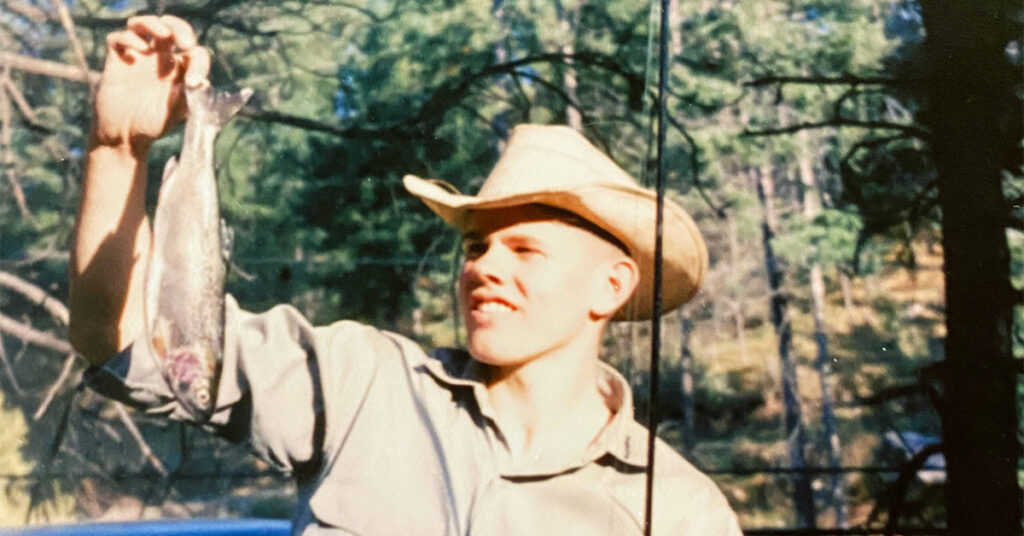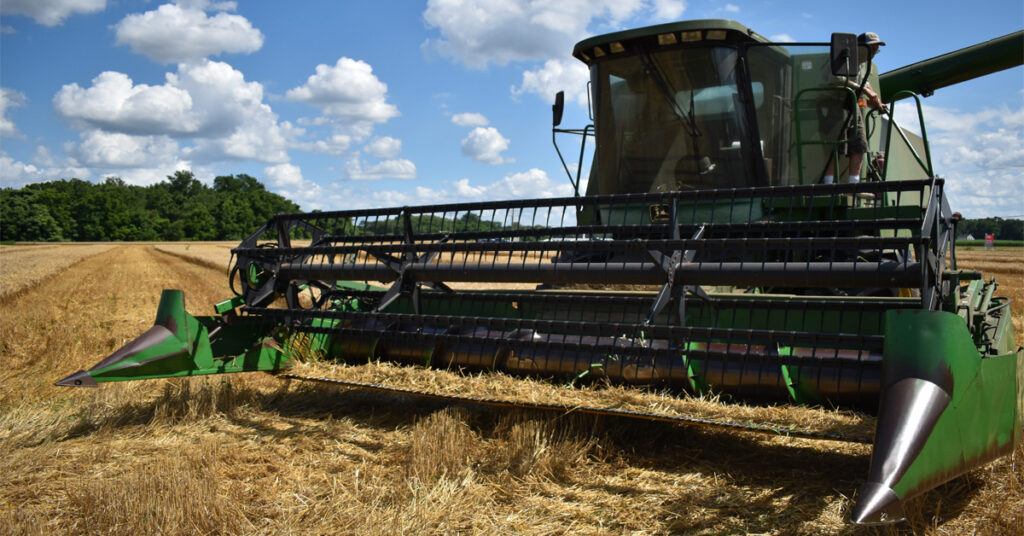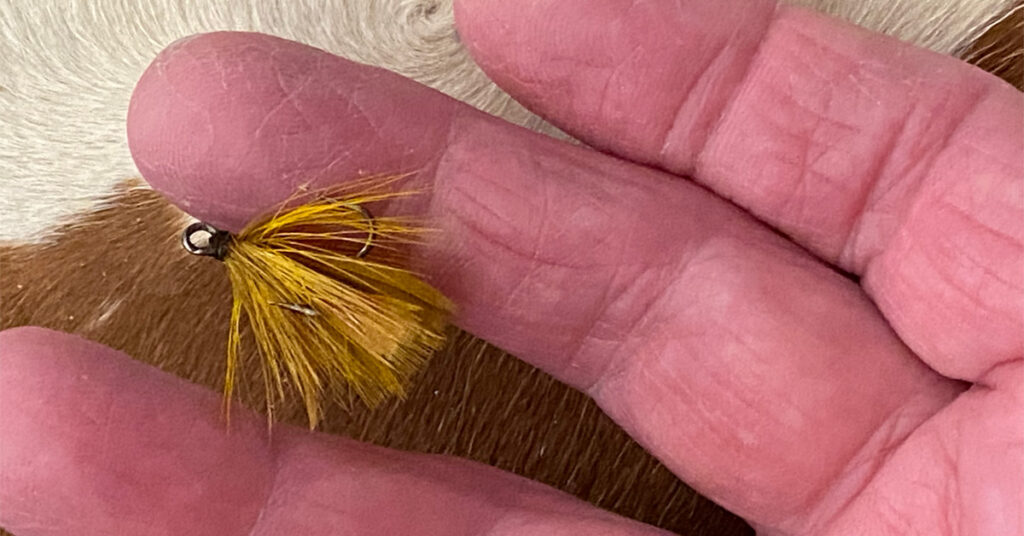II Samuel 9:13 states, “So Mephibosheth dwelt in Jerusalem: for he did eat continually at the king’s table; and was lame on both his feet.”
I heard of an old hermit who ate on a dirty makeshift table amidst the squalor he lived in. He did not eat alone, for a mouse would often join him. He liked a little company, but drew the line when the mouse moved from eating crumbs on the table to nibbling food on the plate. At that point, he would take a stab at it with his fork, always careful to just miss, and warn it not to do that again. (This account was related to me as a true story.)
This is hardly a king’s table, but it does show how Mephibosheth may have felt when King David asked him to have a permanent seat at his table. In verse eight he said, “…What is thy servant, that thou shouldest look upon such a dead dog as I am?” Is a dead dog better than a live mouse?
David made this invitation out of the goodness of his heart for the house of Saul, and especially for Jonathan’s sake, who were by that time dead. His desire was to show “…the kindness of God…” (V.3).
It is that kindness of God, that overwhelming love, who “so loved the world,” that caused Him to allow His son to die for us that we could feast forever at His heavenly table. Song of Solomon 2:4 says, “He brought me to the banqueting house, and his banner over me was love.”
This worked out great for Mephibosheth, for he became like one of the king’s sons (V.11). The sad part is that everyone who is offered this godly kindness does not want it—perhaps even believing it is too good to be true. This rejecting of God’s gift leads to death and everlasting hell.
In chapter 10 of II Samuel we see this same kindness offered to Hanun, son of Nahash (V.2). Hanun was not an Israelite, but King of Ammon. His father, Nahash, had showed kindness to David and he wanted to return that kindness to his son, Hanun. David sent his servants with words of comfort to Hanun. The princes of Ammon convinced Hanun to not believe King David or his servants. They called the servants spies. Hanun took the servants, cut their beards half off, (probably vertical), and cut their garments off exposing their buttocks, then sent them home ashamed. Needless to say, this started a war between Israel and Ammon. Who knows what could have happened if Hanun would have believed David and accepted his kindness.
This is a picture of Satan’s battle plan from the beginning. His first words to Eve were, “Yea, hath God said, Ye shall not eat of every tree of the garden?” (Genesis 3:1). This is the direct opposite of what God said: “…Of every tree of the garden thou mayest freely eat:” (Genesis 2:16). Though God did go on to restrict the tree of the knowledge of good and evil, His plan was for them to have all kinds of delicious fruit to eat—like a king’s table. Satan’s question ignored this and made God out to be a withholder.
I liked the way my former Pastor, Carl Lindbloom, used to open a conversation with a stranger: “Isn’t God good?” The correct answer is “YES.” Jesus said to the tired and hungry fishermen, “…Come and dine” (John 21:12). His invitation today is for you and me to eat continually, now and forever, at the King’s Table!





Thank you Larry for being a faithful servant!!! I’m glad you didn’t drown 😉😆